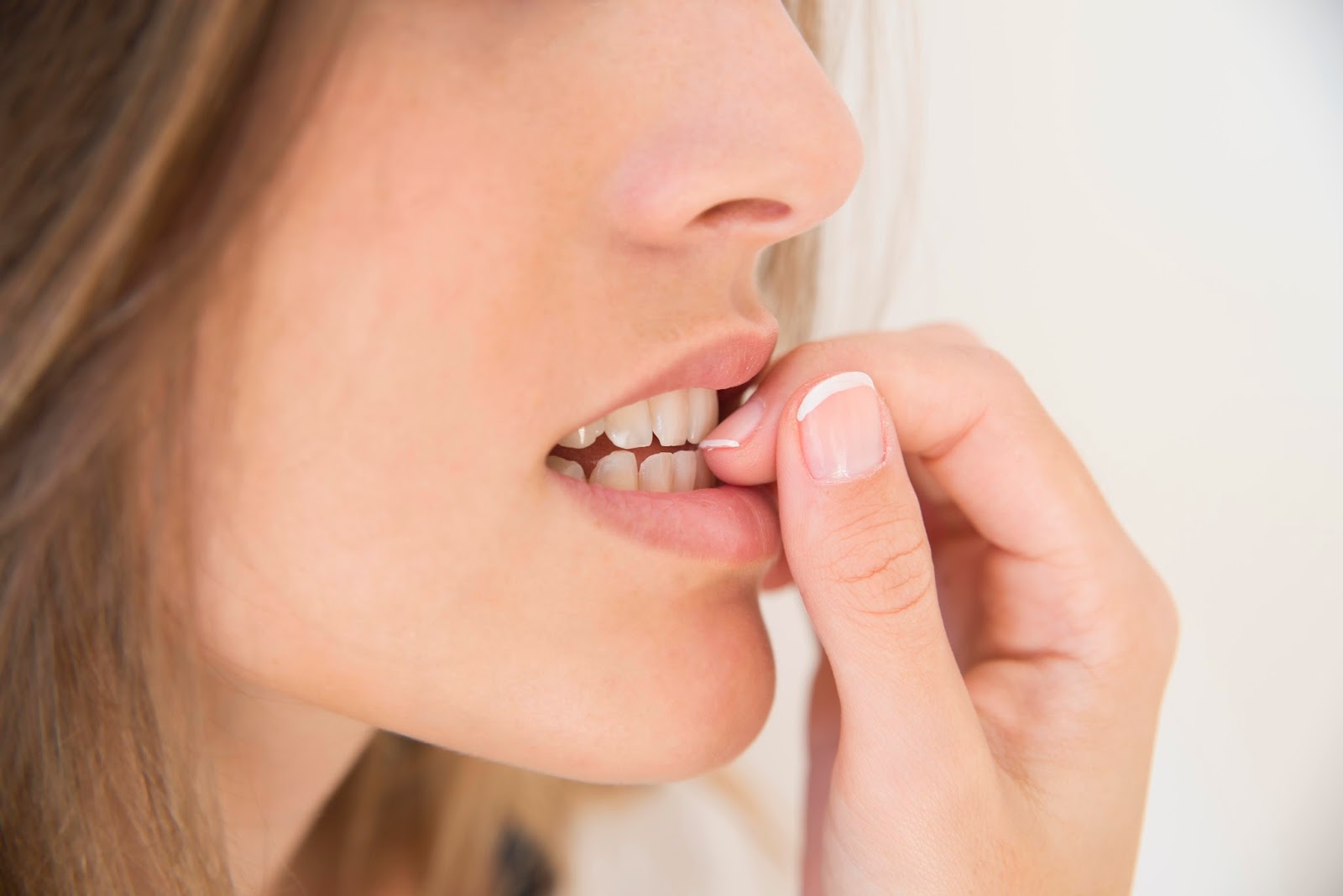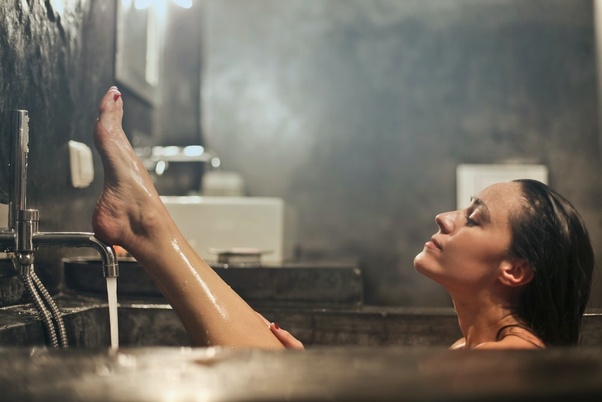Research shows that around 30% of the world's population usually bites their nails, a habit that can have negative consequences for people's health. But, after all, why do so many people have this custom and how to stop biting their nails?
These questions are very important and it must be borne in mind that, in some cases, it may be necessary to seek professional help to help with the condition, as there is a possibility of being associated with anxiety.
If you want to know more about the subject and have access to valuable information about the habit of biting nails, you are in the right place. In this article, you can check it all out!
Why do people bite their nails?
Onychophagia is the name given to chronic nail-biting behavior. It usually begins in childhood, around age 6 or early adolescence, and in many cases continues to accompany the individual throughout adult life.
There is no exclusive factor associated with the habit, but research indicates that most people who bite their nails have some type of anxiety disorder . Incredible as it may seem, for many people it is an extremely difficult compulsion to overcome, but even so, it is not always taken seriously as it should. There are those who consider the habit harmless and just an aesthetic issue, but this is not correct.
A study of 339 young medical students found that 46% had or already had onychophagia. Women, in turn, were the majority and acted more unconsciously when putting their fingers to their mouths. In addition, a significant part of respondents was diagnosed with anxiety (22.5%).
It is important to point out that some people report pleasure and relaxation when biting their nails. The act is automatic for many people, especially when you are involved in an immersive activity or when you need to perform a difficult task.
In some cases, onychophagia is also associated with fear, insecurity, hunger or shyness . In addition, studies have also revealed that nail biting can be associated with perfectionism, but in the end the act ends up causing much more damage than gains.
Is nail biting always linked to a mental disorder?
Not always. The problem is when nail biting brings significant distress and uncontrolled repetition that leads to fingertip injuries, infections and mutilations. In such cases, it is necessary to consider whether the condition is already associated with an anxiety disorder, for example.
It is interesting to point out that even if there is pain, it is not enough to eliminate the behavior. On the contrary, it can even be exhilarating, as pain holds attention. That way, if the person is anxious and starts biting their nails, they can distract themselves from what is causing the anxiety and feel relief and pleasure.
What are the consequences of biting your nails?
As much as some still consider nail biting to be harmless, it is an act that can have very serious negative consequences, that is, it goes far beyond aesthetic issues.
Nails protect the top of the fingers, acting as a barrier to microbes entering the bloodstream. Therefore, chewing them can cause many problems, including:
- Tooth abnormalities, such as receding gums;
- Infections of the skin around the nails, which undergo irreversible shortening;
- Transmission of a large amount of germs from the fingernail to the mouth, which increases the risk of contracting diseases such as the flu;
- Difficulties in carrying out activities such as playing an instrument or drawing;
- Increased chances of gastrointestinal problems such as gastritis and gastroenteritis;
- Bruxism.
How to stop biting your nails?
Now you must be wondering how to stop biting your nails, right? Well, it is important to point out that for some people this is very difficult, because the nails are accessible, that is, they are always close to us and fulfill the function of relief.
In addition, most treatments are symptomatic and do not focus on the cause of the problem. Among the main techniques to stop biting nails, the best known are:
- Apply nail polish with a bitter taste;
- Medications;
- Punishments;
- Put pepper in hands;
- Chewing gum;
- Put on false nails;
- Keep your hands moving with rubber balls or other objects.
Psychotherapy is a process that will help identify triggers so that the true causes of the habit of biting nails can be worked on . In this way, the sessions aim at self-knowledge and the creation of coping strategies for anxiety or other mental health disorders that may be related to onychophagia.
Habits that help deal with anxiety
In addition to psychotherapy, other ways of dealing with anxiety that complement the treatment and help in the fight against onychophagia can be indicated. In general, playing sports is often very helpful due to its anxiety and stress-reducing effects.In addition, cultivating hobbies, ensuring quality sleep and maintaining a healthy diet are also points that contribute positively to the balance.
Where to find a psychologist?
If after reading this article you realized that you need to see a psychologist to understand what's behind the habit of biting your nails. Connect to psychologists near you for different lines of therapeutic approach.Luke is passionate about fostering student involvement and connection. He studied psychology for his major and likes learning about the past. Luke aims to specialize in artificial intelligence and cybersecurity. .
Leave a reply
Your email address will not be published. Required fields are marked *Recent post

Frontier X User Opinions and Reviews

How To Stop Biting Your Nails In 5 Minutes?

